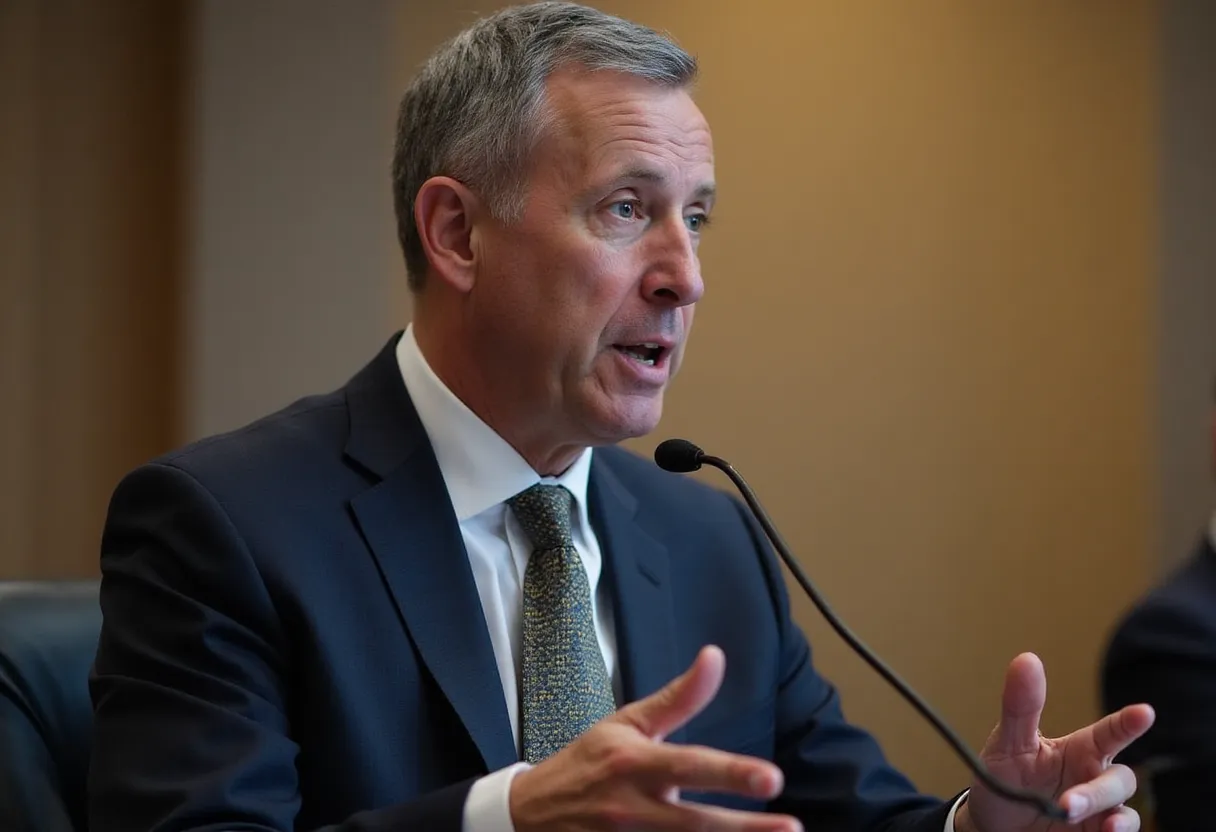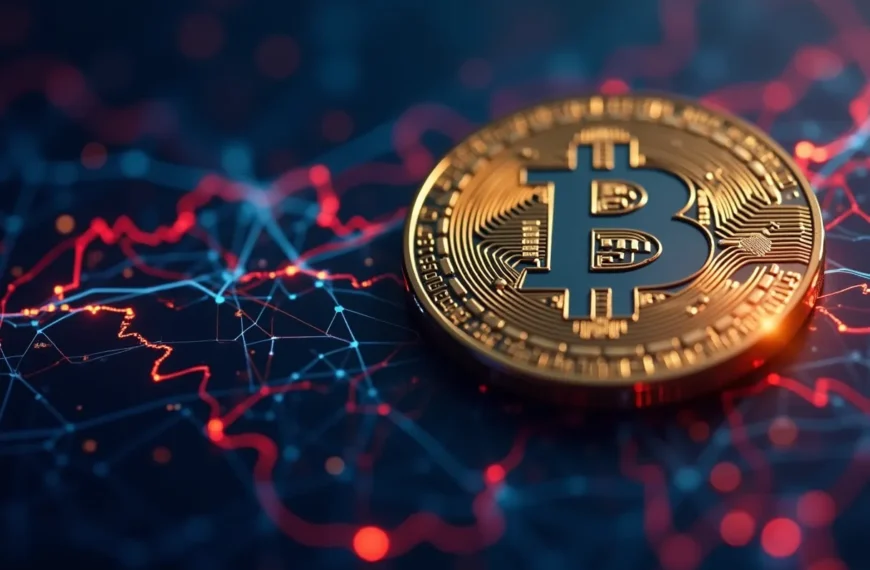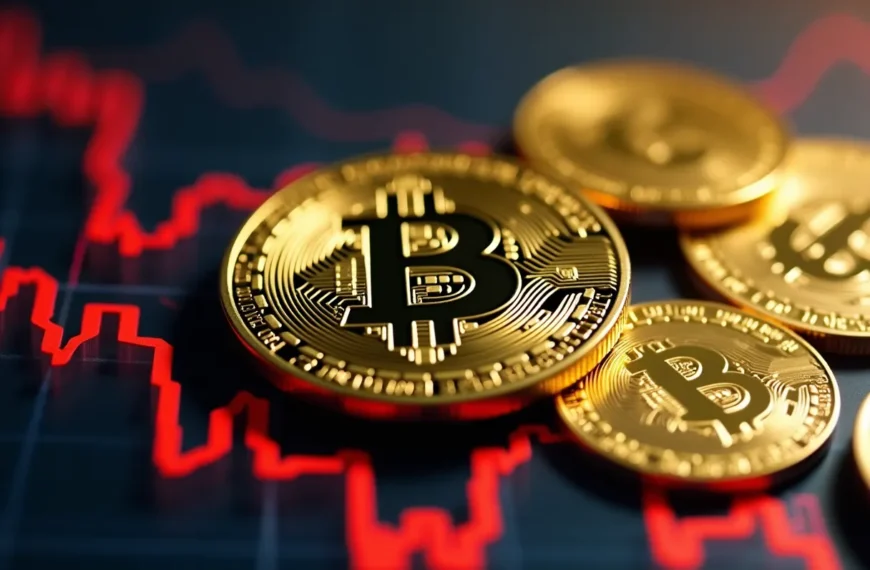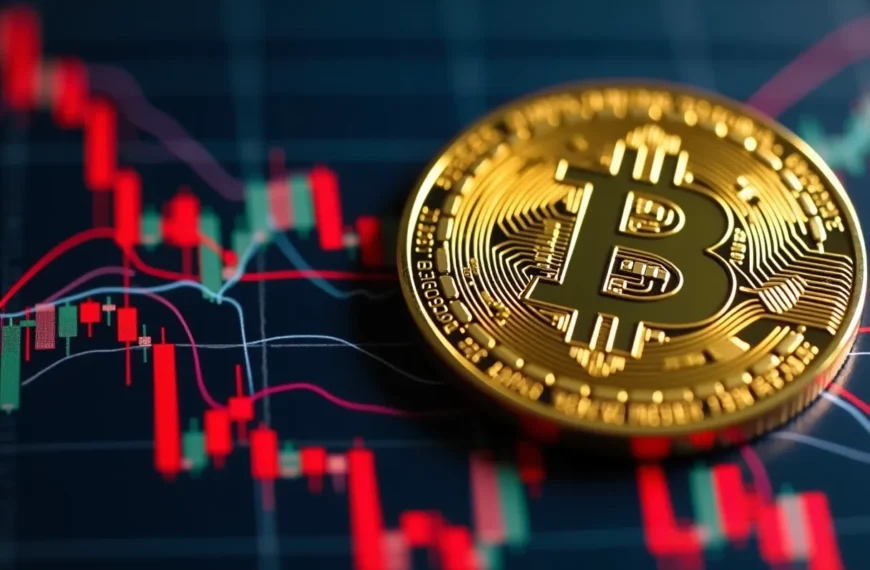Introduction
In a world where cryptocurrencies continue to gain traction, the debate surrounding their utility and value remains heated. Recently, Jamie Dimon, the CEO of JPMorgan Chase, stirred controversy with his remarks on Bitcoin. He emphasized the importance of prioritizing defense over cryptocurrency stockpiling, stating that in times of crisis, it is not Bitcoin that will safeguard us, but rather the conventional means of protection.
The Stance of JPMorgan’s CEO
Jamie Dimon is known for his candid opinions on cryptocurrencies, often expressing skepticism about their long-term viability. In his latest statements, he took a firm stance against the idea of hoarding Bitcoin as a means of financial security. Instead, he argued that the focus should be on more tangible forms of defense, such as “bullets and guns,” rather than digital assets.
Why Defense Over Bitcoin?
Dimon’s perspective stems from a belief that in dire situations, traditional security measures are paramount. He underscored several critical points:
- Historical Context: Throughout history, societies have relied on physical means of protection during conflicts and crises. Dimon suggests that this historical precedent should guide current thinking.
- Volatility of Cryptocurrency: Bitcoin and other cryptocurrencies are notorious for their price fluctuations. Dimon implies that during emergencies, the last thing one would want is to rely on an asset that can drastically change in value.
- Practicality: In extreme situations, having access to physical resources can be more beneficial than holding digital assets that may not be readily usable.
The Case for Bitcoin
While Dimon’s views resonate with many traditional investors, there are also compelling arguments for the role of Bitcoin in modern finance. Here are some points in favor of Bitcoin:
1. Digital Gold
Many proponents of Bitcoin liken it to “digital gold.” This comparison highlights its potential to act as a store of value, especially in times of economic uncertainty. Unlike fiat currencies, Bitcoin has a capped supply, which could make it a hedge against inflation.
2. Financial Inclusion
Bitcoin has the potential to provide financial services to unbanked populations around the world. With just an internet connection, individuals can access financial systems without needing a traditional bank account, thereby promoting financial inclusion.
3. Security and Transparency
The blockchain technology that underpins Bitcoin offers enhanced security and transparency. Transactions are recorded on a public ledger, making it challenging to manipulate or counterfeit them. In contrast, traditional banking systems can be susceptible to fraud.
The Big Picture
Dimon’s remarks reflect a broader concern regarding the role of cryptocurrencies in society. As governments and institutions navigate the complexities of digital currencies, it’s essential to consider the implications of both sides of the debate. Here are a few overarching themes:
1. Regulation
As cryptocurrencies continue to rise in popularity, regulatory bodies are grappling with how to approach them. Dimon’s comments underscore the need for a balanced perspective that considers both the risks and rewards associated with cryptocurrencies.
2. Societal Values
The discussion surrounding defense vs. digital assets also taps into deeper societal values. What do we prioritize in times of crisis? The answer may vary significantly among different cultures and economic systems.
3. The Future of Money
As we move further into the 21st century, the definition of money is evolving. While Dimon advocates for traditional means of defense, others see cryptocurrencies as a necessary evolution in our financial systems. The question remains: how will these two perspectives coexist?
Conclusion
The debate initiated by Jamie Dimon’s comments about Bitcoin and defense is likely to continue, reflecting the broader tensions within the financial world. As cryptocurrencies become increasingly ingrained in our economic landscape, it’s crucial to engage in open discussions about their role and value.
In considering both sides of the argument, we can gain a more nuanced understanding of what the future may hold for cryptocurrencies and traditional forms of defense. Whether one agrees with Dimon or the advocates for Bitcoin, the conversation surrounding these topics is essential as we navigate an ever-changing financial landscape.
Ultimately, the choice between stockpiling Bitcoin or investing in traditional defense mechanisms will depend on individual perspectives, values, and the unique circumstances of the times we live in. As we look forward, embracing a balanced approach that considers both security and innovation may be the key to thriving in the future.






